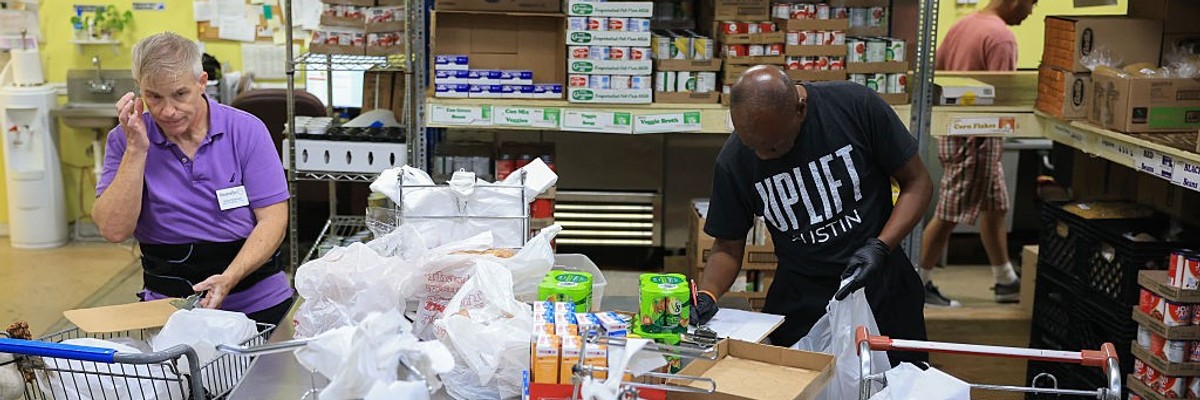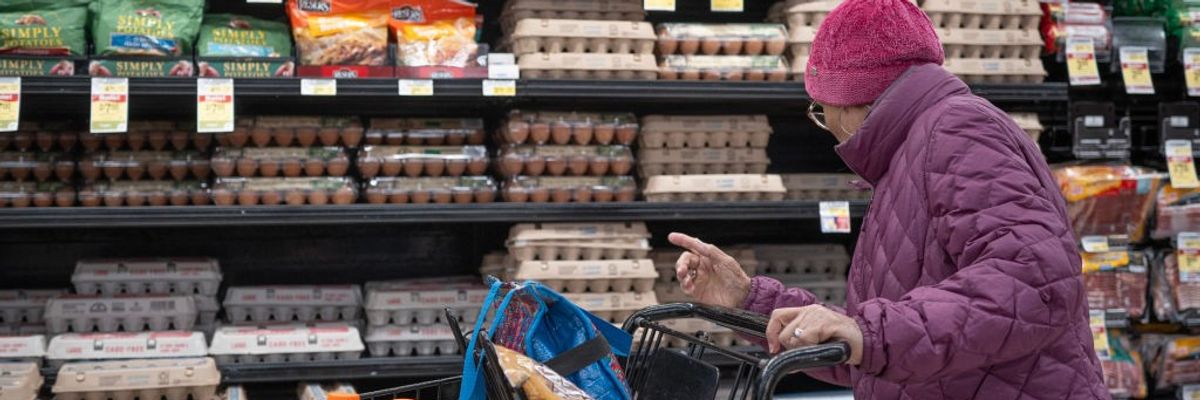
CHICAGO—In a sacred celebration filled with purpose and prayer, family and friends of the Honorable Minister Louis Farrakhan—including iconic Chicago families, community leaders, Nation of Islam laborers, and extended family—gathered at The Salaam Restaurant to celebrate his 92nd birth anniversary and honor the unwavering strength and grace of his wife, Mother Khadijah Farrakhan, on the occasion of Mother’s Day.
The couple sat side by side, Mother Khadijah adorned in a gold garment with a matching headpiece, and Minister Farrakhan in a dark charcoal gray suit and a matching crown, befitting the nobility of the evening.
The couple, who will celebrate their 72nd wedding anniversary later this year, were surrounded by their children, grandchildren, and great-grandchildren. The evening stood as a tribute to legacy, love, and the spiritual principles that have upheld the Nation of Islam for more than 90 years.

“The fact that today is Mother’s Day and we are here celebrating our brother’s 92nd birthday—this is not just symbolic, it’s sacred,” said Bishop Frank M. Reid III, who traveled from Baltimore, Maryland, to attend the celebration. “He’s our spiritual father, not just to the Nation (of Islam), but to all those who love freedom, justice, and equality.”
From the opening prayer to the closing notes of calypso sung by Minister Farrakhan himself, the atmosphere radiated the warmth of a family reunion and the reverence of a divine gathering.
Tears of joy and gratitude filled the restaurant as guests filled the upstairs banquet hall, the main-level atrium, and Elijah’s Garden, where children played and dined, echoing the multigenerational spirit of the evening. Hundreds of attendees were on hand, including Nation of Islam student ministers, laborers and friends from across the country.
The program began with a violin performance by Sister Amirah Hashimah Muhammad, which drew applause, which grew as Minister Farrakhan and Mother Khadijah entered the room. A large screen displayed a touching collage of their shared life journey—images of love, labor, and legacy accented the room.
The evening featured Chicago’s Finest, a live jazz band led by Dwayne Armstrong and featuring Margaret Murphy-Webb for the first set, followed by a stirring solo from Sister Joy X Brown.
The Nation’s women—the M.G.T. and G.C.C.—elevated the elegance of Salaam Restaurant. The upper room was adorned with white linen chairs, green napkins, gold-colored silverware, and ornate chandeliers.
Two ice sculptures, one for Minister Farrakhan and one for Mother Khadijah, and three celebratory cakes added a festive touch. The gold trim of the walls and the intricate maroon and gold carpet created a regal setting for the evening, which began at approximately 5:00 p.m.

Throughout the night, expressions of love and gratitude for Mother Khadijah Farrakhan, known as the First Lady and Mother of the Faithful, rang out with reverence. Her quiet strength, dignity, and commitment to her husband’s divine mission were repeatedly honored.
“She is the wind beneath his wings,” said Student Minister Abdul Rasul Muhammad, general manager of The Final Call and the evening’s emcee, quoting Minister Farrakhan. “She provides support, encouragement, and strength—often behind the scenes—that enables another to soar.”
He added, “She is one of the most beautiful women on the earth and will be remembered for generations to come for her sacrifices—known and unknown.”
Rev. T.L. Barrett, pastor and gospel artist, accompanied by his wife, Cleopatra, shared heartfelt words. “I feel so blessed to share time and proximity with such divine individuals. To know Mother Khadijah is to witness grace wrapped in divine purpose.”
Former Chicago Alderman Dorothy Tillman, founder of the Harold Washington Cultural Center, added, “The Minister might not have been able to do what he’s doing without a strong woman like her.”
During an emotionally powerful tribute, their daughters—Sisters Maria, Khallada, Fatima, and Betsy Jean—delivered heartfelt messages that reflected deep love for their parents, spiritual strength, and family unity.
Sister Maria Farrakhan, who helped organize the evening, shared a deeply moving reflection on her parents’ sacrifices, the family’s unwavering bond, and the care provided to Sister Betsy Jean during her health challenges, emphasizing the depth of love and support that defines the Farrakhan family. Her remarks underscored the healing power of togetherness and the legacy of care passed down through generations.
“My sisters rallied around her (Betsy Jean) 24 hours a day. The upbringing you gave us—your sacrifices—made all of this possible,” she said. She concluded with gratitude for her spiritual roots.
“We would not be here if it were not for you. I thank Allah (God) every day that you chose Islam. There’s no other place I would be but right here with you.”
Sister Fatima also delivered one of the most tender moments of the evening. When Sister Fatima fretted that she didn’t have a gift to present to their parents, Sister Khallada comforted her with a profound response. “We are presenting Betsy as a gift,” as they laughed, recalling that moment.
Sister Betsy Jean Farrakhan shared a message of love and gratitude in a spiritual address, reminding attendees of the divine purpose behind the gathering. Though unable to attend in person, her presence was deeply felt: “I wanted to be there, but circumstances do not permit me to physically be there. But I am there spiritually.”
Sister Fatima Farrakhan offered a heartfelt tribute celebrating the enduring love between her parents and the example they have set for the Nation and the world: “I am so happy to be alive, to be able to see my father reach the age of 92, and Mother Khadijah to be by his side.”
She praised their character and unconditional love: “He is a man who loves people unconditionally—and so does Mother Khadijah.” Sister Fatima closed her message with a tender declaration: “Dad, I love you so much. You are the love of my life. And Mother Khadijah, I love you so much.”
A deeply personal video montage message of words from Minister Farrakhan about his wife was presented on marriage, what she means to him and the spiritual bond and loyalty of his wife.
“My wife has been with me throughout all of my striving. She knew me in the days of my ignorance, and she knows me in the days of my struggle. She stood by me. When I decided to rebuild the work of the Honorable Elijah Muhammad, she was the first in my family to say, ‘Go on with it. I’m with you.’”
The video captured the moment he gave her the name Khadijah: “I would like her to wear the name of the wife of that servant of Allah, the Prophet Muhammad—Khadijah. From this day forward, she will be known in this community and any other as Khadijah Farrakhan Muhammad.”

“Khadijah was so special to me, I was blinded to all the beautiful women who wanted me. To hell with them—I was focused on her,” he added.
The tribute illustrated the Nation of Islam’s belief that marriage is half of one’s faith, showing how Minister Farrakhan’s devotion to the Most Honorable Elijah Muhammad mirrored his devotion to his wife.

Minister Farrakhan and Mother Khadijah’s son, Nation of Islam Student Supreme Captain Mustapha Farrakhan, spoke powerfully on legacy and accountability. “He’s been teaching us for over seven decades. My mother and my father—alive, together at this time—this is a tremendous blessing.”
Referring to the names Farrakhan and Muhammad, and quoting Proverbs 3, he added, “A standard has been set. And we must live up to that standard to access the blessings that come with these great names.”
Santita Jackson, speaking on behalf of the Jackson family, offered her own tribute. “Minister Farrakhan, you have always been a light of truth and strength. I thank you in a special way.”

She laughed as she said that Minister Farrakhan was “the only one who could get all the Jacksons in one room,” highlighting the presence of both her dad and mom, Rev. Jesse and Jacqueline Jackson. Their sons, U.S. Congressman Jonathan and former U.S. Congressman Jesse Jackson Jr., were present.
Musician Steve Cobb, who performed during the event, acknowledged Minister Farrakhan’s cultural and spiritual influence: “He has made us see ourselves clearly and realize our possibilities. That’s why I’m here—to be part of this mission.”

Student Minister Dr. Wesley Muhammad is a member of the Nation of Islam Shura Executive Council. Speaking to The Final Call, he made a poignant statement in reference to what would be the best gift the community can give to Minister Farrakhan and Mother Khadijah. “The greatest gift we can give him is love among ourselves. That’s what he wants more than anything.”
Long-time friend Rev. Al Sampson and others echoed these sentiments, recognizing Minister Farrakhan’s global impact and divine commitment to upliftment.

As the night drew to a close, Minister Farrakhan exchanged private words with attendees. Then, in a surprise shift of energy, legendary entertainer Doug E. Fresh took the mic to perform, followed by Minister Farrakhan who sung a few verses of a calypso song. The room filled with laughter, cheers, and tears of gratitude.
“This celebration is not just for them—it is for all of us who have been guided, nurtured, and loved through their example,” said Sister Maria Farrakhan.























